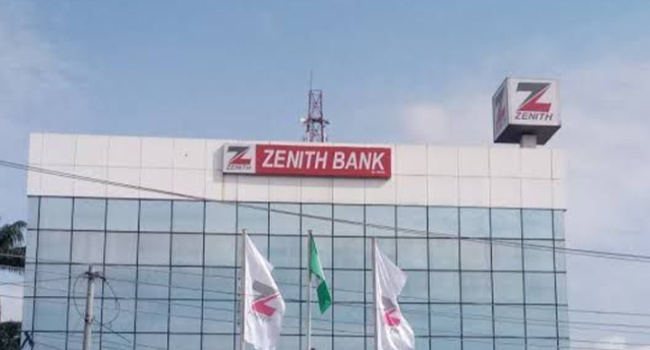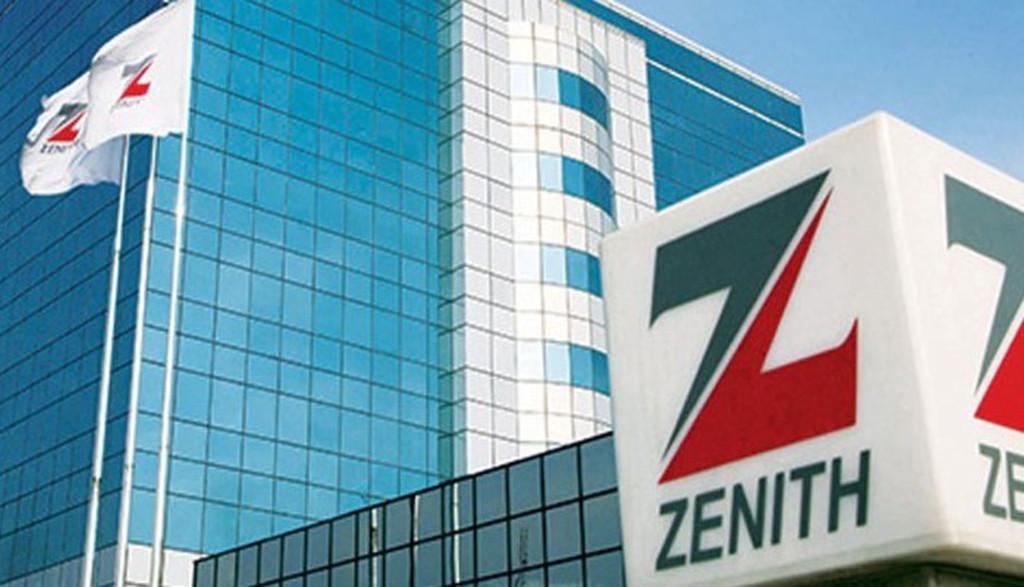As the resumption of production at the Port Harcourt Refinery is being celebrated, experts have warned that more efforts should be put in place to rehabilitate other existing ones and boost local production.
The Nigeria National Petroleum Company Limited (NNPCL), on Tuesday, announced that the 60,000 barrels per day (bpd) old Port Harcourt has finally resumed processing of crude oil. The company said trucks have started loading petroleum products at the refinery.
Join our WhatsApp ChannelHowever, reactions trailed the announcement as some media reports said the refinery is simply blending “Cracked C5 petroleum resins” with other products including Naphtha and selling to the public as though the refinery processed it. The report said that apart from diesel, the refinery is yet to start producing Premium Motor Spirit (PMS).
PH Refinery: We’re Ramping Up Production to 90% – NNPCL
Reacting to the media reports, NNPCL in a statement on Tuesday night described as “unfounded” the claim that it is not producing refined PMS. The statement by the NNPCL spokesperson, Olufemi Soneye, said the Old Port Harcourt Refinery is currently operating at 70 per cent of its installed capacity, with plans to ramp up production to 90 per cent.
Soneye clarified that the refinery produces Straight-Run Gasoline (Naphtha), blended into 1.4 million litres of petrol, 900,000 litres of Kerosene daily, 1.5 million litres of Automotive Gas Oil (AGO or Diesel), 2.1 million litres of Low Pour Fuel Oil (LPFO), and Liquefied Petroleum Gas (LPG).
Speaking on allegations of blending, the national oil company confirmed that the refinery also blends crack C5, obtained from a sister company, Indorama Petrochemicals (formerly Eleme Petrochemicals), “to produce gasoline that meets required specifications.
“Blending is a standard practice in refineries globally, as no single unit can produce gasoline that fully complies with any country’s standards without such processes,” it explained.
The Tuesday’s announcement came after a series of failed deadlines for the commencement of production at the refinery.
While the old Port Harcourt Refinery built in 1965 has 60,000 bpd capacity, the new one, established in 1989, has 150,000 bpd.
Speaking on the resumption on the old Port Harcourt refinery, an energy expert, Martin Onovo said it is a joyful thing that it has finally come on stream but Nigerians need to be cautious in their optimism about the positive impact.
Onovo, who appeared on Channels Television breakfast programme, Morning Brief, said that based on is maximum capacity of 60,000 bpd, the impact on boosting local refining of petroleum products will be insignificant.
According to him, based on the Nigerian Midstream and Downstream Petroleum Regulatory Authority’s (NMDPRA) estimate of 50 million litres daily consumption of PMS, the old Port Harcourt refinery contributes only 10 per cent of the daily demands nationwide.
READ ALSO: Again, NNPCL Increases Petrol Price As Nigerians Groan
He, therefore, highlighted the urgent need to ensure speedy completion of the rehabilitation process for other domestic refineries to increase production and local supply.
The energy expert further expressed concern that even when all other refineries (including Warri and Kaduna refineries), become functional, there is still going to be a challenge of crude oil supply to the refineries.
He pointed out that the 1.5 million bpd of crude oil produced in Nigeria does not entirely belong to the country. “What belongs to you is the government’s share. According to our own estimates, that’s less than 500,000 bpd as at today because government has submitted some of its own crude for loans,” Onovo stated.
He emphasised that while the government focuses on completing rehabilitation of other refineries, efforts should also be geared towards increasing crude oil production to boost supply to the refineries.
On his part, National President, Petroleum Products Retail Outlets Owners Association of Nigeria (PETROAN), Billy Gillis-Harry, commended the Federal Government for working to ensure that the refinery resumed operations.
Some Nigerians had expressed doubt about the successful resumption of PMS production in the refinery. They claimed that the grand launch was organised to deceive the public.
However, Mr Gillis-Hary, said the petroleum products supplied from the refinery were properly processed.
The PETROAN national president disclosed that their members paid N1045 per litre against N970 sold by Dangote Refinery, and called for fair pricing.
Victor Ezeja is a passionate journalist with seven years of experience writing on economy, politics and energy. He holds a Master's degree in Mass Communication.












![Breaking: Tinubu Returns To Abuja After Europe Trip [Photos]](https://www.primebusiness.africa/wp-content/uploads/2025/04/Tinubu-returns-to-Abuja-Pohotos-2-150x150.jpeg)





Follow Us